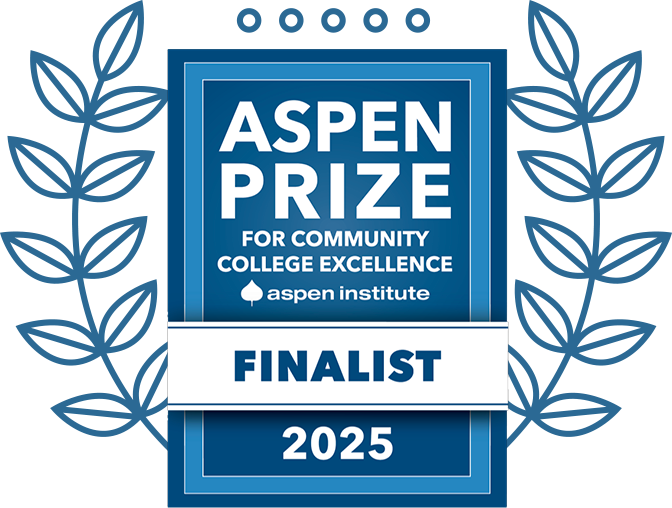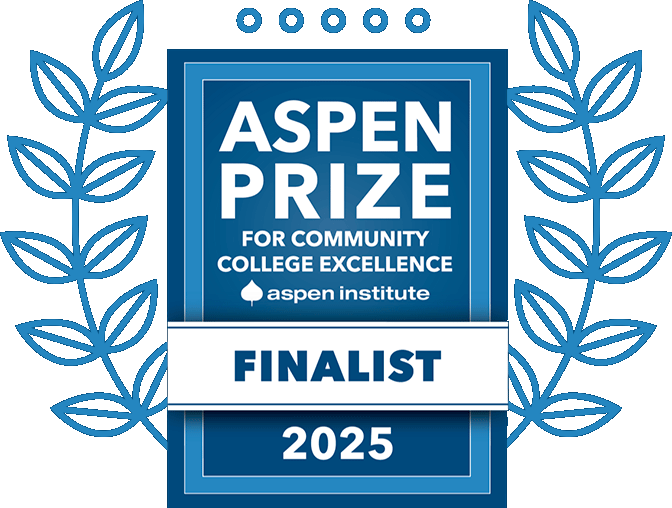How do I afford study abroad?
The price of many study abroad programs can be intimidating for some students. However, it is important to count the cost and consider several things when thinking about the price of study abroad and how to afford it.
First, money spent on study abroad is money well spent. It is a good investment in yourself and your future. As you take credit bearing courses while on a study abroad program, you are furthering your education and bringing yourself one step closer to graduation. Moreover, study abroad can make you a stronger job candidate. Next, remember that the best time in your life to go abroad is when you are a college student. You may or may not get the chance to go later in life. In economic terms, there is an “opportunity cost” for not traveling while you are in college. Also, while study abroad programs do cost real money, they are generally all-inclusive and are often cheaper and less of a hassle than if you attempted to go on the same trip by yourself and arrange all of your flights, lodging, ground transportation, meals, visits and so forth on your own.
In terms of affording a study abroad program, as a college student, you may also have access to financial support that you will not have once you graduate college. So why not take advantage of it? The three types of funding that you can access as a college student are financial aid, scholarships and fundraising.
Scholarships:
Cook Study Abroad Scholarship
This scholarship was established by Dr. James Cook, retired GHC professor of history emeritus, who was a strong advocate and supporter of Study Abroad.
- Applicants must be currently enrolled GHC students.
- The scholarships are for Study Abroad programs to Europe.
- Students must be registered for a program to receive course credit prior to award disbursement.
- The scholarships are for a minimum of $500 and up to a maximum of $1,000 and shall not cover more than 50% of the cost of the Study Abroad program.
Learn how to apply for this scholarship at GHC’s Scholarships Page.
Financial Aid:
If you have financial aid, such as the PELL, the GI Bill or student loans, you can use them to pay for the cost of the trip. In addition, any financial aid that you have to cover the cost of tuition and fees at GHC such as PELL, the GI Bill, the HOPE scholarship or loans can likewise be used to cover the cost of courses associated with study abroad programs.
In trying to ascertain if you have the funds to afford study abroad, the very first step that you should take is to make sure that you have a current FAFSA form on file and make an appointment to speak with a Financial Aid counselor in the GHC Financial Aid Office. In many cases, students have access to more money that they think is the case. However, the only way to know if this is the case for you is to speak with someone in Financial Aid. In fact, meeting with a Financial Aid counselor is very important for all GHC students participating in study abroad programs. It is the very first thing you should do after you decide to study abroad!
For more information about GHC Financial Aid, as well as contact information, please see the GHC Financial Aid website at the following link:
https://sites.highlands.edu/financial-aid/
To contact GHC Financial Aid, please see the following information:
E-mail:
Offices and phone numbers:
Floyd Campus
3175 Cedartown Hwy
Rome, GA 30161
706-802-5000
Cartersville Campus
5441 Highway 20 NE
Cartersville, GA 30121
678-872-8000
Marietta Campus
090 Northchase Parkway, Suite 150
Marietta, GA 30060
678-872-8501
Paulding Campus
25 Courthouse Square
Dallas, GA 30132
678-946-1100
Heritage Hall Campus
415 E. Third Ave at Glenn Milner Blvd
Rome, GA 30161
706-295-6321
Scholarships:
One of the most important things to keep in mind with scholarships is that they do require some work from you as a student. You will need to submit scholarship applications and abide by all application deadlines. Moreover, it is better to submit applications early rather than at the last minute. While applying for scholarship does mean work on your part, it can be big money, and free money at that! Even if only some of your scholarship applications are accepted, scholarships can really help you go abroad. One thing is certain; if you don’t apply for scholarships, you won’t get them.
The Georgia Highlands College Foundation has a limited number of scholarships for study abroad. Students who wish to apply for scholarships will need to have a FAFSA on file and will need to create a user account with the Foundation in order to complete scholarship applications. For students who wish to participate in a study abroad program to Europe, the Cook scholarship is available to help offset the cost of European trips. Students on all summer study abroad programs, whether to European or other destinations, who need assistance paying for the tuition and fees of the courses associated with their study abroad program may also apply for summer scholarships with the Georgia Highlands College Foundation. For details about the Cook scholarship or scholarships related to the tuition and fees to pay for courses associated with study abroad, as well as information on how to create a scholarship application user account, please see the following link to the Georgia Highlands College Foundation:
https://www.highlands.edu/scholarships/
In addition to scholarships at Georgia Highlands College, students may also apply to a wide variety of student abroad scholarships at institutions outside GHC.
Below are some examples of external scholarships that may interest GHC students:
International Scholarships Online:
https://www.internationalscholarships.com
International Education Financial Aid (IEFA) and College Scholarship Search:
Phi Kappa Phi Honor Society Study Abroad Grants:
phikappaphi.org/grants-awards/study-abroad#.WVFmVrzHLkw
- $1,000
- For any education abroad program
- Must have a 3.75 GPA
Gilman Scholarship:
iie.org/Programs/Gilman-Scholarship-Program
- Up to $4,000
- For education abroad programs lasting four-plus weeks or traveling to more than one country
- Must be a U.S. citizen undergraduate student and Pell Grant recipient
Fund for Education Abroad:
- Up to $5,000
- For education abroad programs lasting four-plus weeks (28 days)
- Under-represented students encouraged to apply
Fundraising:
Students who are willing to put in some work, take the initiative and be creative are often able to raise significant amounts of money through their own fundraising efforts to help pay for a study abroad program. One way that students can raise money is to work a part-time job and save money to offset the costs of student abroad. Small donations from family and friends can also help. Keep in mind that a little here, a little there can add up to a lot of money! If you are really determined to participate in study abroad, you may need to use some creativity and put in some work to obtain enough money to do so. But it is doable for many students!


